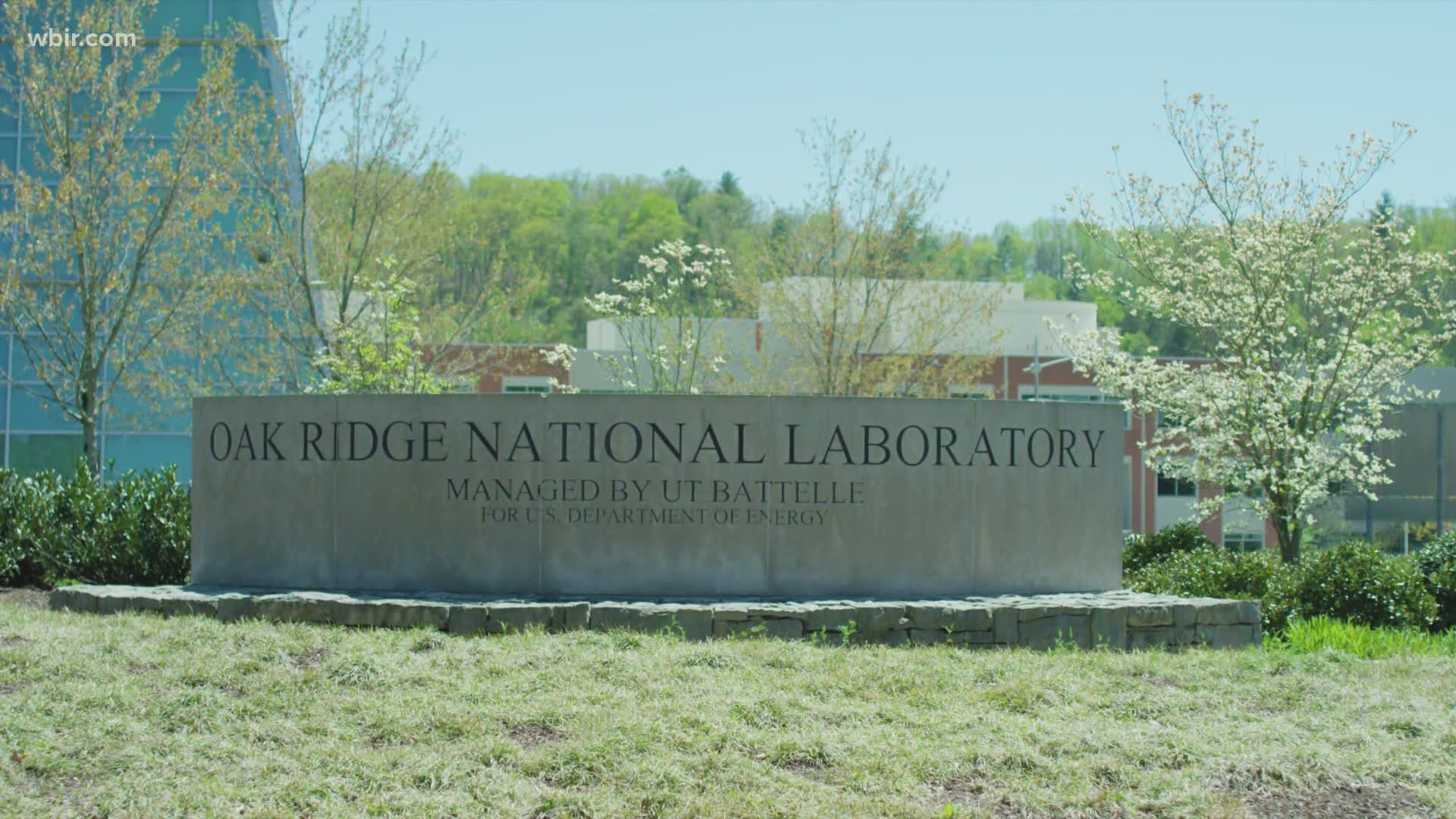KNOXVILLE, Tenn. — In East Tennessee, researchers are continuing their work to try and understand more about COVID-19. At Oak Ridge National Laboratory, they are using a supercomputer to understand how the virus affects the body.
They're working to answer the unknown with the help of the lab's massive supercomputer, Summit.
"We started pretty early on in the pandemic to want to understand the molecular mechanisms of the disease," said lead researcher Dan Jacobson.
He said that thousands of data sets and samples from COVID-19 patients' lungs were collected as part of the research. The main goal is to understand what's going on inside a body that causes different symptoms and damage.
"All of a sudden we had this eureka moment that oh wow this is a pattern that might explain a lot," he said.
Summit helped researchers unveil a new theory about how the virus impacts the body and possible treatments to fight it.
"We identified a number of already existing drugs used in clinical practice," he said. "Now, for other purposes, that could be re-targeted potentially for COVID-19."
The next steps include clinical trials, but Jacobson said it's all good news as the race continues to uncover the unknown.
"I think we're all desperate for solutions and if we can move that bar forward a few inches to help find solutions, then that's super exciting for us," he said.
He said their research proves the value of knowing the fundamental science of how the coronavirus works. By knowing more about the basics of COVID-19, he said researchers can think of new ways to help intervene if someone gets infected.
Because of it, they're one step closer to saving lives.
ORNL is continuing to research other aspects of COVID-19.
There are several COVID-19-related studies ongoing at ORNL, officials said. Those studies include one that looks at why it can cause inflammation and another one that investigates how the COVID-19 pandemic can impact the demand for fuel in the U.S.
ORNL also announced a new, quicker licensing program allowing U.S. companies and universities to develop innovations helping responses to the COVID-19 pandemic.

